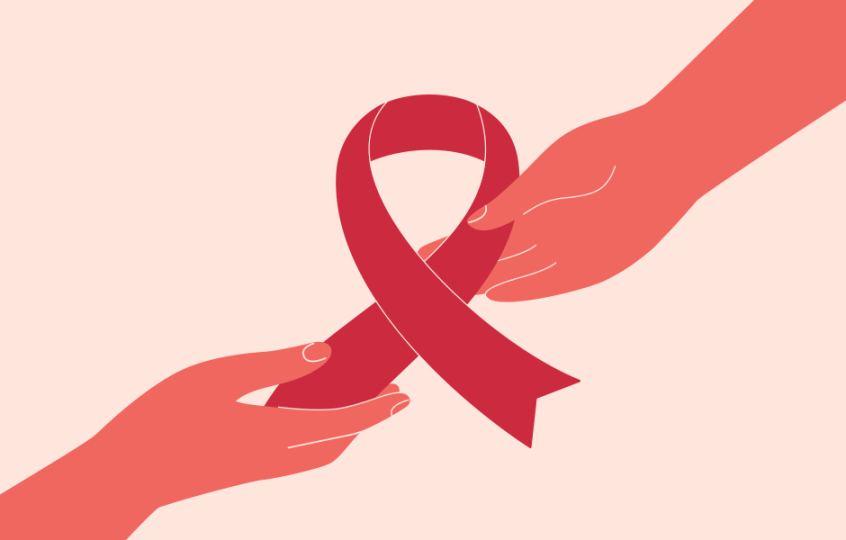The global mission to eradicate HIV/AIDS is under threat after the withdrawal of US funding, according to a new report. The ‘UNAIDS 2025 Global AIDS Update’ warns that the funding collapse, previously the largest single source of international support, could result in millions of new infections and deaths unless urgent measures are taken.
Progress and risks
Since 2010, new HIV infections have fallen by 40%, and AIDS-related deaths have decreased by 56%. Nevertheless, 1.3 million new infections were recorded in 2024, highlighting the need to tackle persistent gaps in prevention efforts.
International aid currently finances around 80% of HIV prevention in low- and middle-income countries. UNAIDS modelling suggests that, without renewed support, there could be as many as 6 million additional HIV infections and 4 million more AIDS-related deaths by 2029. Reflecting on the challenge ahead, Winnie Byanyima, Executive Director, UNAIDS, is both worried and hopeful: “The AIDS response may be in crisis, but we have the power to transform.”
Report recomendations
The report recommends that countries urgently increase domestic funding for HIV programmes and adopt more sustainable, nationally led approaches. It also calls for legal reforms to protect vulnerable populations and urges global cooperation to ensure access to innovative prevention technologies at affordable prices.
Communities affected by the disease have already shown remarkable resilience. The report highlights efforts in Ethiopia, where volunteers use WhatsApp groups to provide peer support, mothers coordinate to maintain their children’s treatments and young people use community radio to share vital health information.









